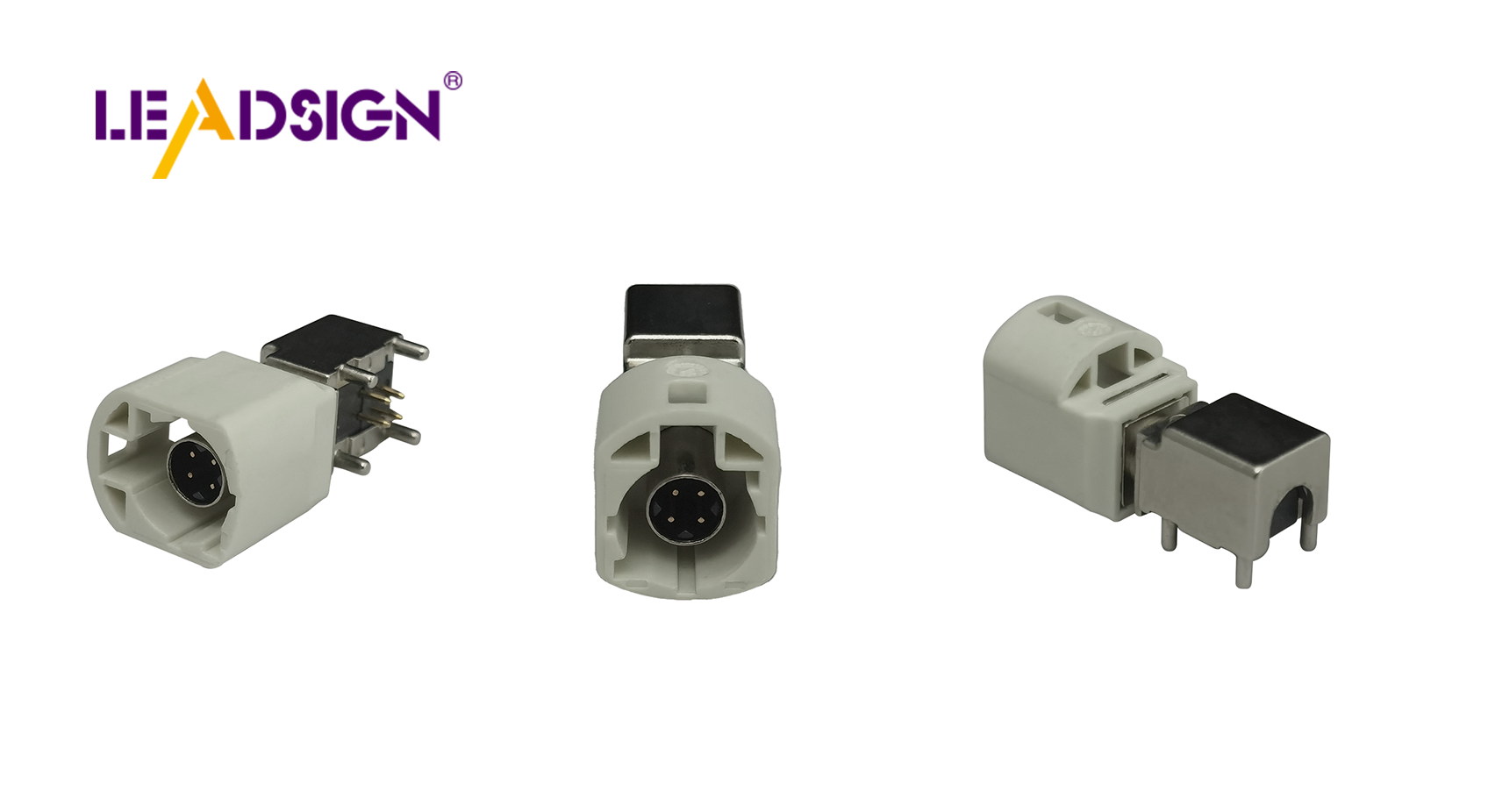Understanding Automotive Wiring Connector Types

Automotive electrical connectors are crucial for vehicles, ensuring robust and efficient electrical connections. These connectors facilitate the integration of various components, allowing them to function seamlessly together. Without automotive electrical connectors, vehicles would frequently encounter electrical issues. Different automotive electrical connectors types cater to specific requirements, ensuring they fit and perform optimally. Designed for durability and ease of use, these connectors are indispensable in modern car design.
Types of Car Electrical Connectors
Knowing about car electrical connectors helps fix cars. Each type has a special job and benefits.
Blade Connectors
What They Are and Where to Use Them
Blade connectors, also called spade connectors, have a flat metal piece. This piece fits in a matching slot. They are used in cars because they are simple and work well. You can connect or disconnect them quickly, which is good for frequent fixes.
Good and Bad Points
Blade connectors have many good points. They connect securely and are easy to use without special tools. But, they might not stay tight if the car shakes a lot. Users need to fit them right to avoid problems.
Pin Connectors
What They Are and Where to Use Them
Pin connectors have pins that match with sockets. These are common in car systems needing many connections in small spaces. They're often found in engine control units.
Good and Bad Points
Pin connectors give strong connections that don’t come apart easily. But, they can be hard to put together because pins must align perfectly. Special tools might be needed too.
Butt Connectors
What They Are and Where to Use Them
Butt connectors join two wires end-to-end for continuous power flow. They're used for fixing or changing car wiring.
Good and Bad Points
Butt connectors make wire joining easy. They protect against water and rust but need proper crimping for strength.
Ring and Spade Connectors
What They Are and How They're Used
Ring and spade connectors are important in car wiring. They have a metal ring or flat piece. This fits over a bolt or screw for a strong hold. They are used where wires need to stay connected, like battery ends. These connectors are easy to put on and take off, good for places checked often.
Good Things and Bad Things
Ring and spade connectors have many good points. They keep wires connected well, which is very important in cars. Even if the car shakes, they stay tight. Also, you only need simple tools to use them.
But there are some problems too. You must fit them tightly or they might fail. If they get wet or rusty, they won't work well anymore. Checking them often helps stop these problems.
Things to Think About When Picking Connectors
Choosing the right car connectors needs careful thought. These things make sure connectors work well.
Electrical Needs
Power and Voltage Levels
When picking connectors, think about power and voltage levels. These tell how much electricity a connector can handle. A weak connector might get too hot or break with too much power. So, match the connector's level with the system's need for safety.
Environment Factors
Where connectors are used is important too. Car connectors face tough spots like heat, wetness, and shaking. Picking strong connectors for these places makes them last longer. For example, waterproof ones stop water and rust problems in cars.
Mechanical Needs
Strength and Material
Strength matters a lot. Good materials like nylon make connectors tough against damage. They are strong and bendy, good for hard car jobs. Strong connectors mean less fixing needed later.
Easy to Put In
Easy setup is key for quick fixes. Simple-to-use connectors save time and cut mistakes. Features like crimp locks help fit them without special tools. This helps when fast repairs are needed.
Common Problems and Fixes
Bad Connections
Why They Happen and How to Stop Them
Bad connections can happen if parts are not put together right or get old. Loose parts, wrong wire sizes, or broken connectors make weak links. To stop this, make sure connectors fit tightly. Use the right tools and follow rules to keep them strong. Check them often to find problems early.
How to Fix Them
To fix bad connections, find out what's wrong first. Take apart the bad connector and look for damage. Clean the contact spots with a cleaner to remove dirt or rust. If it's broken, replace it with a new one for safety. Crimp wires well when putting it back together to make it strong again.
Rusting
Why It Happens and How to Stop It
Rust happens from water, salt, and other things outside. It can ruin connectors and cause electric problems. To stop rusting, use connectors that don't rust easily or have special coatings. Put grease on them to block water too. Make sure they are sealed well against rust-causing stuff.
Keeping Them Good
Regular checks help fight rusting effects. Look at connectors often for rust signs or color changes. Clean them with a remover to last longer. After cleaning, add coatings or grease again for protection against damage from outside things. Keep them dry and safe from tough places to lower rust risks.
Choosing the right connector is very important. It keeps car electrical systems working well. Each type of connector has special uses and benefits. Picking the right one helps everything work best.
"The correct connector makes sure car parts fit and last long."
Knowing about different connectors helps people choose better. This makes cars work better. Regular care and good setup make these parts last longer and work well too.
See Also
Exploring HSD Connectors in the Automotive Sector
Significance of Fakra Connectors in Contemporary Cars
Navigating Ford Fakra Connectors

